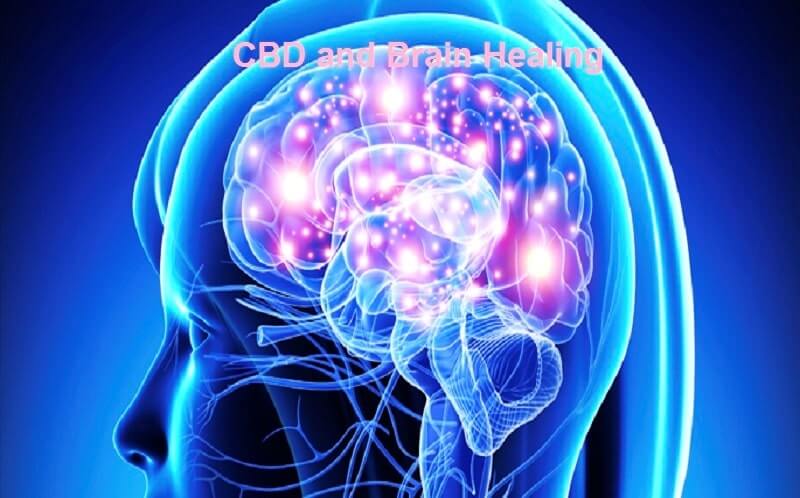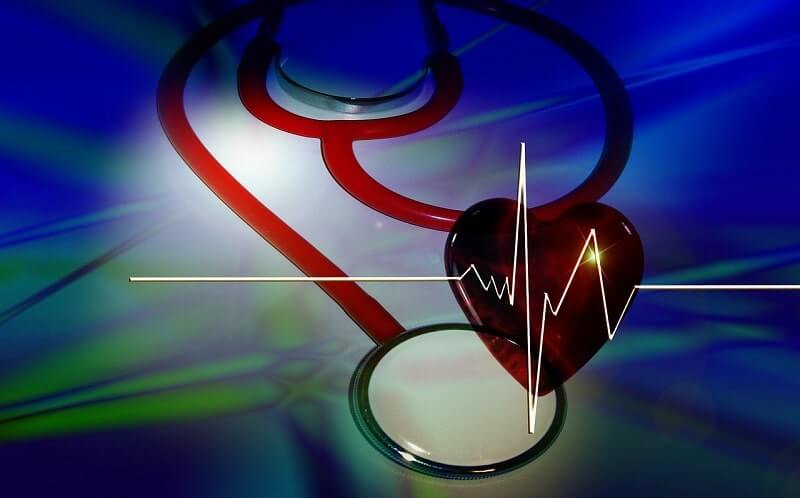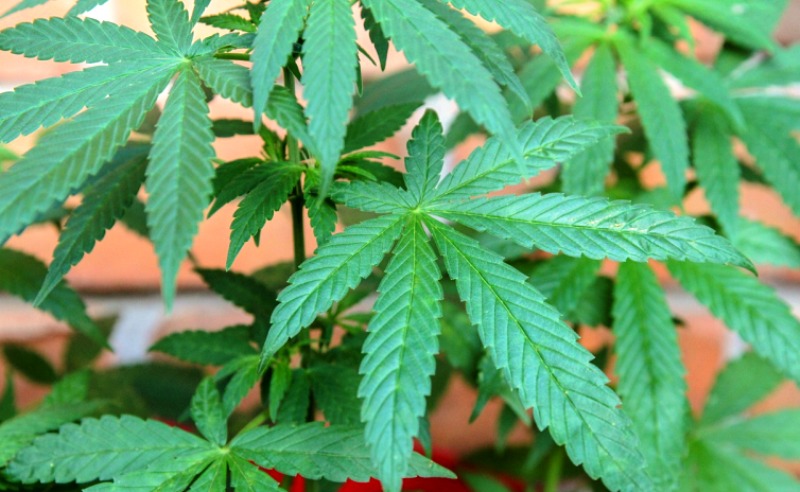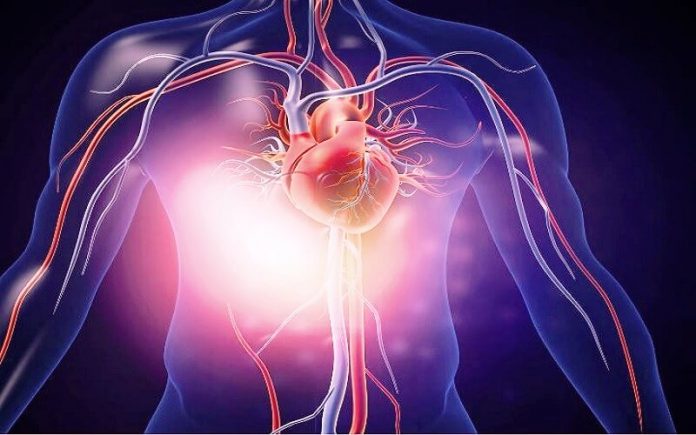Heart Conditions and CBD? The following are the most up-to-date results from prestigious medical studies
Patients suffering from heart disease are more likely to experience arterial blockage, corrosion, or narrowing. Sometimes it shows up in the heart’s valves, and sometimes it shows up in the heart’s muscles. It often becomes apparent in old age due to poor dietary choices, tobacco use, diabetes, and a lack of physical activity.
Heart disease is the top cause of death for both women and men in the United States, accounting for over 610,000 deaths annually. Atherosclerosis, or hardening of the arteries, is the root cause of this condition. Plaque builds up inside the arteries over time, further impairing the cardiovascular system’s ability to pump blood efficiently.
The management of cardiovascular illness is especially delicate, but treatment for any medical issue can be challenging. There is a wide range of therapy options for various cardiac problems, however, this varies greatly depending on the specific nature of the problem. It seems like more and more people are thinking about trying cannabis as a treatment instead of conventional medicine. This is because many pharmacological therapies have undesirable side effects that can be just as dangerous and troublesome as the condition they are meant to cure.
Cannabis extracts like CBD oil have gained a lot of attention in recent years due to their possible health benefits in treating many diseases and ailments, including heart disease.
We’ll take a look at some of the most recent studies on CBD’s potential therapeutic spectrum for cardiac sickness.
CBD’s Potential Benefits in Treating Heart Disease
The endocannabinoid system (ECS) is a homeostatic regulatory mechanism responsible for maintaining homeostasis in the human body. Functions as “basic” as blood clotting and temperature regulation are under its purview. The next sections will focus on each of the three main subsystems that make up the ECS.
Proteins: With a High Potential for Metabolic Enzyme Activity: These are in charge of both the creation of endogenous cannabinoids and their subsequent destruction when they are no longer needed in the body. Without these enzymes, endocannabinoids build up in the brain and impede communication between nerve cells. Humans make their own endocannabinoids.
Cannabinoid receptors, also called endocannabinoid receptors, allowing endogenous cannabinoids to have their physiological effects by attaching to specific proteins. Our bodies are rife with cannabinoid receptors, the best known of which are CB1 and CB2. While cannabinoid type 1 (CB1) receptors are mostly located in the central nervous system (CNS; this includes the brain and spinal cord), cannabinoid type 2 (CB2) receptors regulate the immune system and other systems. With the right endocannabinoids binding to the right receptors, your brain and the rest of your body can work together more efficiently.
Unlike cannabinoids, which are extracted from cannabis plants, endocannabinoids are created by the human body and have a molecular structure with cannabinoids. Two of the endocannabinoids studied are anandamide (which binds to CB1 receptors) and 2-AG (2-AG binds to CB2 receptors). These endogenous cannabinoids either promote or suppress the production of neurotransmitters, the chemical messengers responsible for “neurological conversations” between neurons.
CBD does not affect the cardiovascular system in any manner, but its interactions with the endocannabinoid system may be beneficial for heart health in general. CBD can help with heart disease treatment in three main ways.
Heart Disease and Cannabidiol: Efforts to Reduce Inflammation
The cells that make up the cardiovascular system can be harmed or even killed by inflammation of the heart. Diseases, viruses, medications, or even the body’s own immune system can all trigger this syndrome. If the inflammation is not addressed, death may result.
The Process of Lowering Blood Pressure
As one of its possible side effects, CBD may lower blood pressure. This is more of a treatment than a risk for people with coronary artery disease. The arteries appear to expand in response to CBD, allowing for more blood flow. Indirectly, this reduces the risk of cardiovascular disease by lowering blood pressure in the body.
One of the benefits of CBD for heart disease is a decrease in arrhythmia.
An arrhythmia, or irregular heartbeat, occurs when the heart beats too early, too fast, too slowly, or in an uneven pattern. Most arrhythmias do not threaten a patient’s health. When the heartbeat is exceedingly irregular or comes from a damaged heart, however, it might pose serious health risks.
CBD with Cardiovascular Disease: The Latest and Most Influential Medical Studies
One of the most recent studies on the effects of CBD on cardiovascular sickness was undertaken by researchers, and their findings were just published in Science Direct. Their research suggests that medical cannabis could be useful in the treatment of cardiovascular emergencies like stroke and cardiac arrest. In particular, this study looked at how CBD affected a disorder called cerebral ischemia. Consequences as varied as cardiac arrest, brain injury, and stroke have been associated with this illness, which is characterized by a lack of blood supply to the brain.
Conclusion
The study suggests that CBD could be useful in treating conditions characterized by poor circulation. It was noted, nevertheless, that these results are still in their early stages, and that more research is needed to validate them.





























